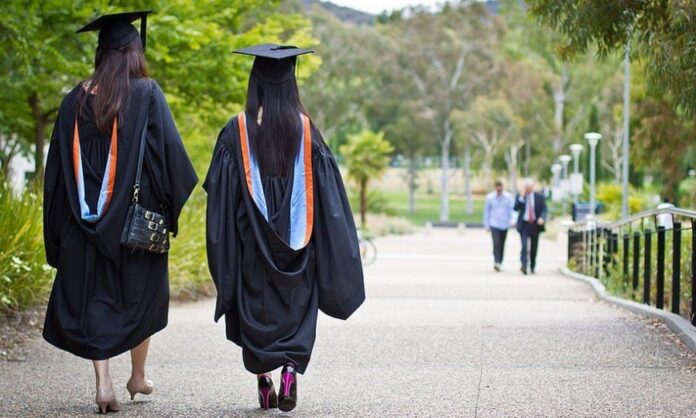
(TibetanReview.net, Jun30’21) – China has been frequently targeting, harassing and intimidating its students in Australia for holding pro-democracy views and the universities have been doing little to try to stop or prevent it, according to a new Human Rights Watch report Jun 30.
Chinese students make up 10% of all university enrolments in Australia and with their eye firmly on their bottom lines, the universities have failed to protect those who are victims of such attacks, the report says.
“In 2020, nearly 160,000 students from China were enrolled in Australian universities. Despite the Chinese government in Beijing being thousands of kilometres away, many Chinese pro-democracy students in Australia say they alter their behaviour and self-censor to avoid threats and harassment from fellow classmates and being ‘reported on’ by them to authorities back home,” the report says.
What is more, students and academics whose research interests are on China have said the atmosphere of intimidation had worsened in recent years.
The report, They Don’t Understand the Fear We Have: How China’s Long Reach of Repression Undermines Academic Freedom at Australia’s Universities, says, “The Chinese government has grown bolder in trying to shape global perceptions of the country on foreign university campuses, influence academic discussions, monitor students from China, censor scholarly inquiry, or otherwise interfere with academic freedom.”
The report’s lead author Ms Sophie McNeill has said universities were turning a “blind eye” to reports of harassment and surveillance by the Chinese government and its supporters.
However, Universities Australia chief executive Ms Catriona Jackson has denied it, saying, “The University Foreign Interference Taskforce (UFIT) is actively working on measures designed to counter interference in the university sector. Right now, further work is being done to strengthen deterrence to this kind of coercion as part of the refresh of the UFIT guidelines.”
While the report acknowledges the work of UFIT, it argues that the protection of research interests and national security were the focus of the taskforce, which remains “unprepared to address threats to academic freedom in a systematic way for students from China and China-focused academics, or responding to issues of censorship and self-censorship”.
In this connection, the report quotes one Chinese student as saying, “I have to censor myself. This is the reality. I come to Australia and still I’m not free. I never talk about politics here.”
Besides, “the majority of students who experienced harassment didn’t report it to their university,” Ms McNeill has said. “They believe their universities care more about maintaining relationships with the Chinese government and not alienating students supportive of China’s Communist Party.”
The report acknowledges that the majority of Chinese students in Australia are unaffected by intimidatory behaviour which is carried out “by a small but highly motivated and vocal minority who have the potential to influence many others”.
Mentions of Taiwan, Tibet, Hong Kong and Xinjiang on social media can be flash points for the pro-China brigade, the report says.





